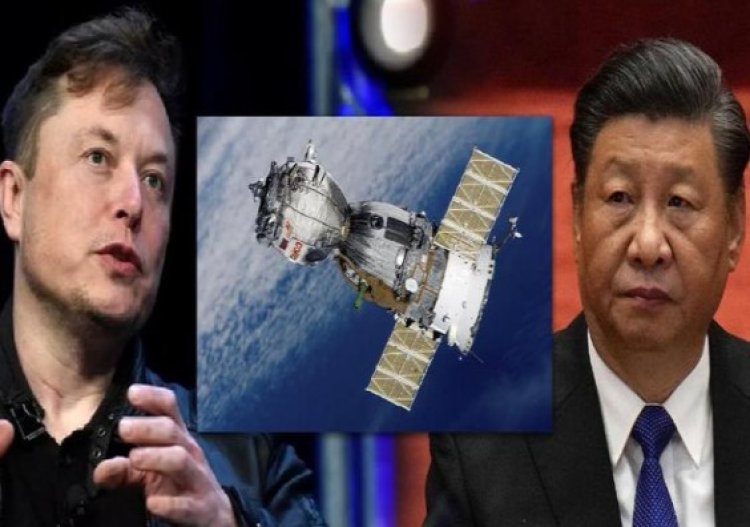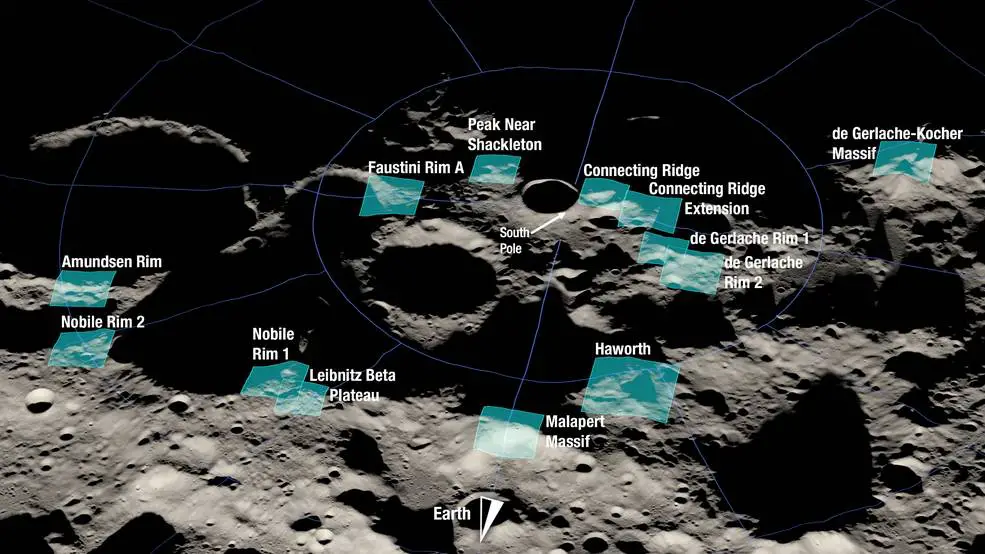Under the cover of SpaceX’s shadow, most people usually ignore Rocket Lab, forgetting that the company’s founder and CEO Peter Baker is actually a self-taught rocket engineer who loves Venus.
According to foreign media reports, Rocket Lab is preparing to self-fund a small private mission to Venus. It is scheduled to launch a small probe called Photon in May next year to try to find organic chemicals in the clouds of Venus.
Rocket Lab, which completed its first commercial launch in May 2017, has become the second-highest service provider for rocket launches in the United States, relying on the Electron small rocket.
It is one of the smallest orbital rockets in the world, at just 18 meters tall, but capable of delivering a payload of around 300 kilograms into low Earth orbit.
Compared with Musk’s love for Mars, Rocket Lab founder and CEO Peter Beck (Peter Beck) has not concealed his love for Venus.
Venus is a hell planet of high temperature, high pressure, full of carbon dioxide, and covered by a highly reflective, opaque sulfuric acid cloud,
But scientists believe that Venus is not a dead star. On the contrary, its atmospheric pressure is about the same as that of Earth, which may be conducive to the reproduction of some life forms.
A few days ago, Rocket Lab announced that it will self-fund to develop a small Venus detector called Photon, designed by Peter Baker and several famous planetary scientists including MIT professor Sara Seager, tentatively scheduled for May 2023 Launched on the Electron rocket.
If it lifts off smoothly, the probe will first be sent to an orbit 165 kilometers above the ground by a rocket, and then the probe will be ignited multiple times to increase the orbital altitude and reach the escape velocity. It will go to Venus with the help of lunar gravity. It is expected to arrive at its destination in October 2023.
The probe is very small, carrying only 1 kilogram of scientific payload. It will take about 5 minutes and 30 seconds to pass through the clouds 48 to 60 kilometers above the surface of Venus and detect suspended particles in the clouds. Ideally, it will continue to descend to the surface.
No private company has tried to send probes directly to worlds beyond the moon, and for Baker the project may fail, but the reason for his effort is simple: Want to go to Venus, why not try it?





